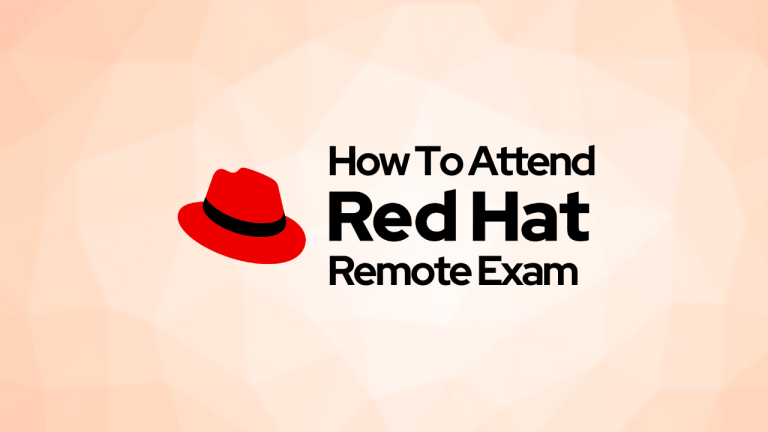
AWS / Cloud / DevOps / Kubernetes / OpenShift
Managing Containers at AWS – Unveiling the Perfect Services for Your Use Cases
Introduction
Amazon Web Services (AWS) provides an extensive range of container management services to empower businesses with scalable, efficient, and reliable containerized applications. Whether you are a seasoned developer or a beginner in the cloud ecosystem, knowing the right AWS container services for specific use cases can significantly impact your application’s performance and overall cost efficiency. In this article, we’ll explore the key container services offered by AWS and understand the best use cases for each.
Amazon Elastic Container Service (ECS)
Amazon Elastic Container Service (ECS) is a fully managed container orchestration service that simplifies the deployment, scaling, and management of containerized applications using Docker containers. It is ideal for users who seek a straightforward, robust, and hands-off approach to running containers on AWS. With built-in integrations for various AWS services and support for both Fargate and EC2 launch types, ECS is a reliable choice for general containerized applications.
Amazon Elastic Kubernetes Service (EKS)
For users who prefer the power and flexibility of Kubernetes, Amazon Elastic Kubernetes Service (EKS) is the go-to solution. EKS is a fully managed Kubernetes service that allows you to run containerized applications on AWS without the complexities of managing Kubernetes clusters. The Amazon EKS offers seamless integration with other AWS services, making it an excellent choice for enterprises with a containerized microservices architecture or complex deployments.
AWS Fargate
AWS Fargate is a serverless compute engine for containers, offering a fully managed experience without the need to provision or manage servers. Fargate enables developers to focus solely on their applications’ containerized code, making it an excellent choice for scenarios where you want to abstract away infrastructure management and only pay for the actual container resources consumed.
Amazon Lightsail
Amazon Lightsail is a user-friendly, fixed-price cloud service that allows you to run simple containerized applications with ease. While it lacks the advanced features of ECS and EKS, Lightsail is perfect for small businesses, individual developers, or testing environments looking for a predictable and budget-friendly container deployment solution.
Amazon Elastic Compute Cloud (EC2)
For those seeking complete control and flexibility over their containerized environments, Amazon EC2 allows you to manage containers with server-level control. EC2 is a great option for organizations with specific infrastructure requirements or for deploying legacy applications not optimized for serverless or managed container services.
AWS Copilot
AWS Copilot is a command-line tool that simplifies the process of building, releasing, and operating containerized applications on AWS. It is best suited for developers who prioritize speed and efficiency in launching and managing containerized applications. Copilot abstracts away complex configurations and automates routine tasks, making it a valuable tool for development teams with tight deadlines.
Amazon Elastic Container Registry (ECR)
Amazon Elastic Container Registry (ECR) is a fully managed Docker container registry that allows you to store, manage, and deploy container images. ECR is the right choice when you need a secure, scalable, and cost-effective solution for sharing and deploying container software privately within your organization or publicly to customers.
AWS App Runner
AWS App Runner is a fully managed service that enables you to build and run containerized applications with ease. It automates the deployment, scaling, and load balancing of applications, making it ideal for developers looking for a simplified experience and quick time-to-market for their containerized applications.
AWS App2Container
If you have existing applications that you want to containerize and migrate to AWS, AWS App2Container is the perfect tool for the job. It automatically analyzes your applications and creates containerized versions, streamlining the migration process and reducing the complexities involved.
AWS Lambda
In a significant development for serverless computing, AWS Lambda now allows you to package and deploy your Lambda functions as container images. This feature opens up new possibilities for developers by offering greater flexibility in managing dependencies and custom runtime environments. By leveraging container images, you can easily package your Lambda functions along with their dependencies, making it easier to reuse code across different functions and projects. Additionally, you can optimize performance and resource utilization by customizing the runtime environment precisely to your needs. This capability becomes especially valuable for scenarios where you have complex dependencies or require specific software versions not available in the default Lambda environment.
Amazon ECS Anywhere
Amazon ECS Anywhere allows you to run containers on your own customer-managed infrastructure, whether on-premises or on other cloud platforms. It’s suitable for scenarios where you require the benefits of ECS but need to maintain some level of control over your infrastructure.
Amazon EKS Anywhere
Similar to ECS Anywhere, Amazon EKS Anywhere lets you create and operate Kubernetes clusters on your own infrastructure. This gives you the flexibility to utilize EKS capabilities while hosting your Kubernetes clusters in your preferred environment.
AWS Proton
For automated management of container and serverless deployments, AWS Proton is the tool of choice. It simplifies the process of releasing and managing applications, streamlining the workflow for developers, and enabling collaboration between teams.
Red Hat OpenShift Service on AWS (ROSA)
For enterprises that require a fully managed, turnkey app platform with a focus on containerized applications, Red Hat OpenShift Service on AWS (ROSA) provides the perfect solution. Leveraging OpenShift’s powerful features on AWS infrastructure, ROSA is an excellent choice for large-scale, production-grade applications.
Conclusion
AWS offers a plethora of container management services to cater to various application requirements and developer preferences. By understanding the unique features and use cases of each service, you can make informed decisions about which AWS container service best suits your specific needs. From fully managed options like ECS, EKS, and Fargate to developer-focused tools like Copilot and App Runner, AWS has got you covered for all your containerization endeavours. So, go ahead and experiment with these services to create scalable, efficient, and reliable containerized applications on the cloud.
Disclaimer:
The views expressed and the content shared in all published articles on this website are solely those of the respective authors, and they do not necessarily reflect the views of the author’s employer or the techbeatly platform. We strive to ensure the accuracy and validity of the content published on our website. However, we cannot guarantee the absolute correctness or completeness of the information provided. It is the responsibility of the readers and users of this website to verify the accuracy and appropriateness of any information or opinions expressed within the articles. If you come across any content that you believe to be incorrect or invalid, please contact us immediately so that we can address the issue promptly.
Tags:
Comments

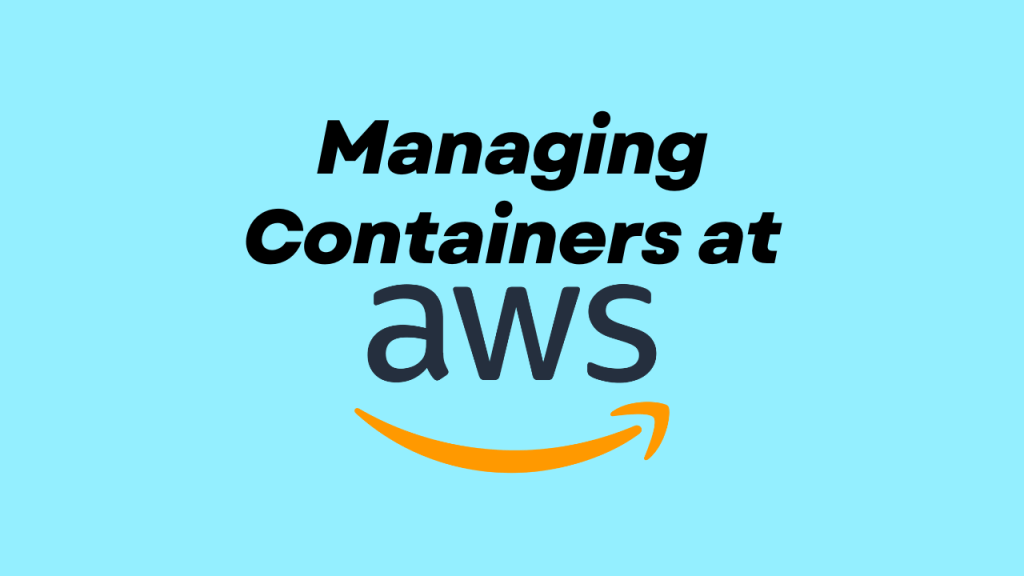
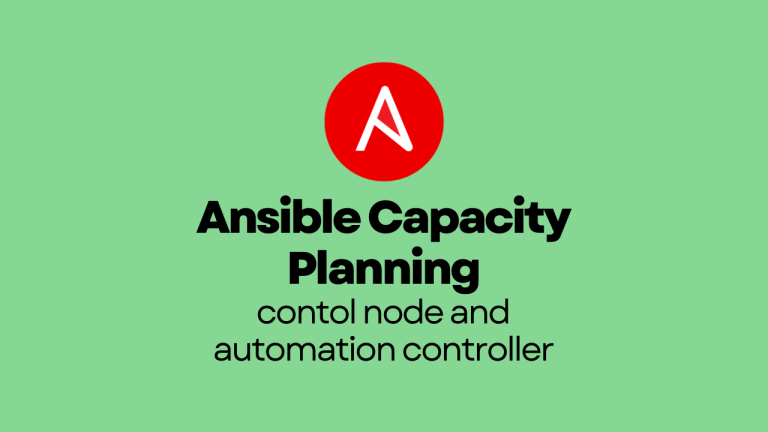
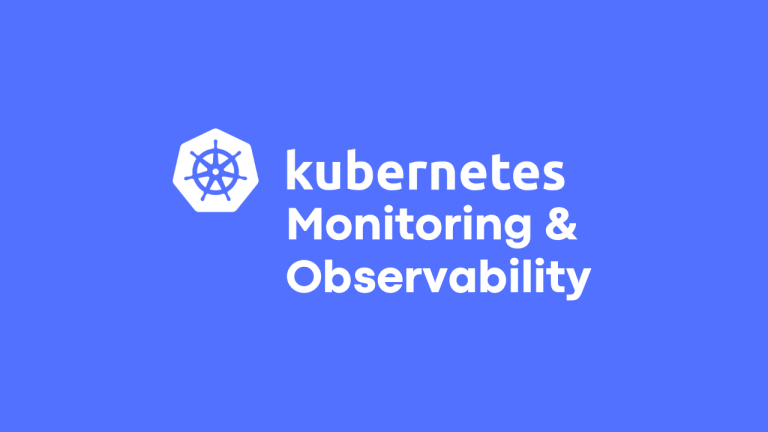
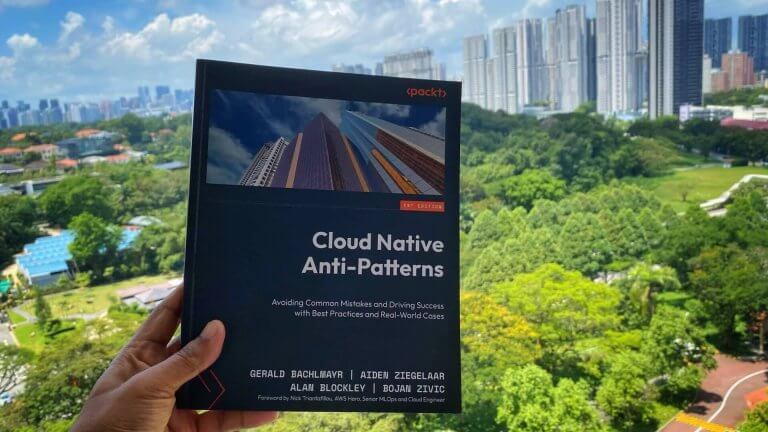
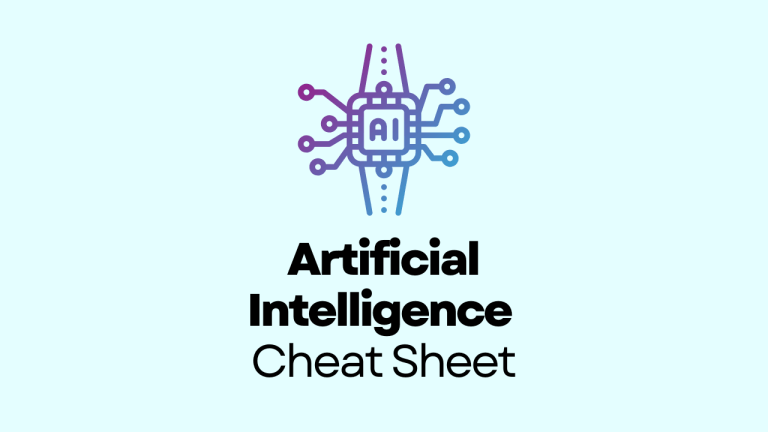

Leave a Reply